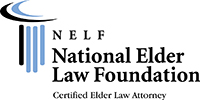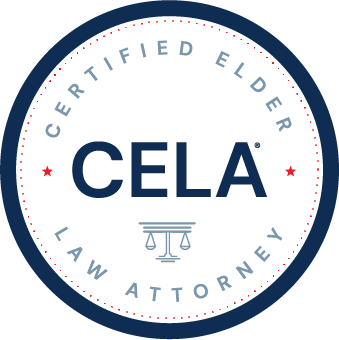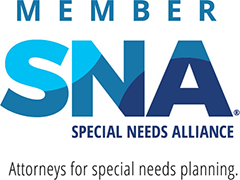Supplemental Security Income (SSI) is a need-based income program for the aged, blind and disabled who have limited income and assets. Although 65 years of age is the minimum for the age category, there is no age limit for the blind or disabled categories. The federal portion of the benefit is administered by the Social Security Administration (SSA), and some states offer a supplemental amount that is usually administered by a state agency. Many states also automatically give Medicaid eligibility to those individuals who are SSI eligible.
The SSI benefit payment amount is a minimum monthly income standard based upon the recipient’s living arrangement and other available support and income. For 2023, the federal full benefit rate is $914. Unless specifically excluded, all other income is counted to determine the SSI payment. Examples of countable income include work earnings; Social Security and other federal government benefits; child support; and gifts of food, clothing or shelter.
Not all countable income actually reduces benefits. The first $20 of “unearned” income each month is not counted. Examples of unearned income include Social Security benefits, trust distributions and gifts. The first $65, plus one half the remainder of “earned” or “work” income each month, also is not counted. Total countable assets or “resources” cannot exceed $2,000. Certain resources are not counted, including irrevocable burial contracts, a personal residence, a vehicle of limited value, household items, and a $1,500 insurance policy or bank account designated for burial.
The month that something of value is received, it is considered income for that month. If it is retained the following month, it becomes a resource. Income and resources of a spouse, parent of a child under age 18, or alien sponsor, are “deemed” available to the recipient for eligibility determination, with certain exclusions.
If a recipient gives away a countable resource or income for less than fair market value, the SSI benefit will be reduced or suspended based upon the value of the gifted amount. The maximum disqualification period is 36 months regardless of the gifted amount. The disqualification period, however, may be waived due to hardship exceptions.
Certain gifts do not cause a SSI disqualification period, including gifts to a spouse or disabled child, a personal residence to a child whose care keeps the recipient out of a nursing home for two years or longer, or a share of a home co-owned by a sibling who has lived there for a year or longer. Gifted property causing a disqualification period that is given back to the recipient will reverse the disqualification.
A recipient also may put property into a supplemental needs trust without having the trust property become a countable resource or cause a disqualification period. The trust must be created under certain legal requirements, including payback to the state Medicaid agency, upon the recipient’s death, for all benefits received.
Special Needs Alliance members are available nationwide.
To contact a member in your area, call 877-572-8472, or visit us online at www.specialneedsalliance.com.
Providing the best quality of life requires informed decisions.
The best way to provide your special needs child with compassionate care and a comfortable life is to support your legal and financial decisions with reliable information and proven expertise. That’s why America’s finest disability attorneys have combined their talents to create the Special Needs Alliance.
As attorneys in the field of Disability and Public Benefits Law, we help to enhance your child’s quality of life. Every member of the alliance has the resources and legal expertise to help you maintain public benefits for your child and develop effective estate plans that protect your assets.
This brochure is provided as a service of Special Needs Alliance and is informational only. It is not intended to serve as legal advice or replace the advice of a legal professional.
Call (720) 200-4025 now or email us to find out how our attorneys can help with your Special Needs Trusts issues.
Bradley J. Frigon is a Denver Estate Lawyer Firm in Colorado. Our main offerings include: Elder Law Lawyers for protecting assets and an Estate Planning Attorney for all aspects of wills, trusts and estate administration.
Common Tags:Special Needs Trust Lawyer Denver CO, Greenwood Village Colorado Attorney Living Trusts, Centennial Estate Planning Lawyers, Arapahoe County Last Will and Testament Attorneys, Family, Medicaid, Trustee, Irrevocable, Revocable, Supplemental












